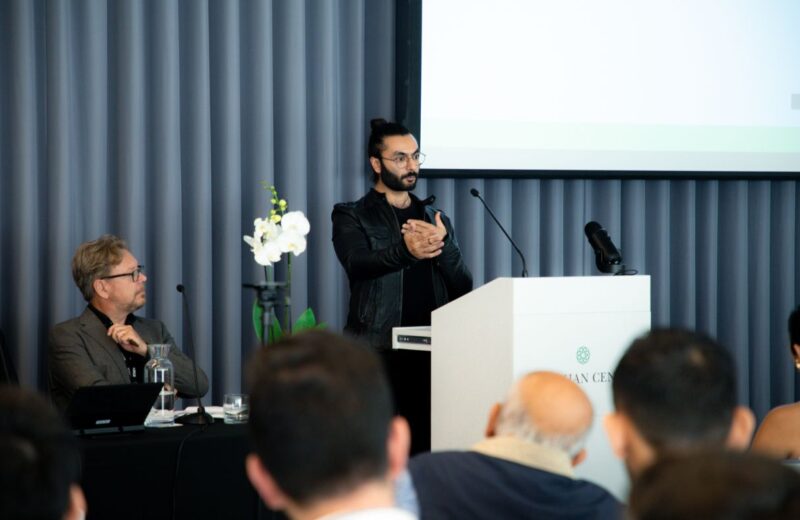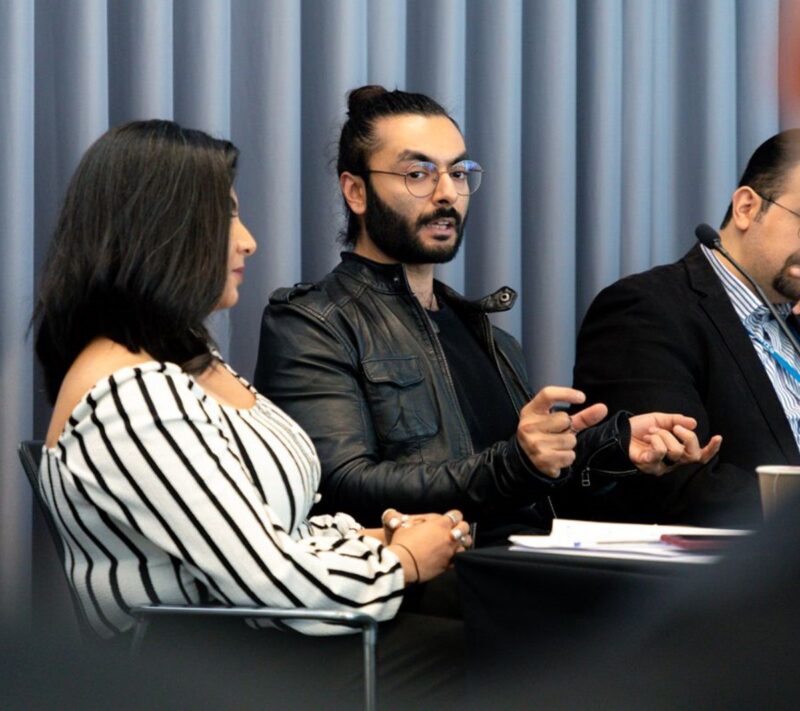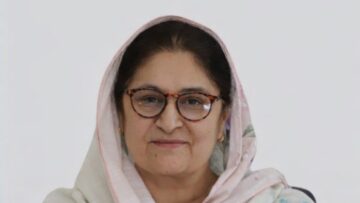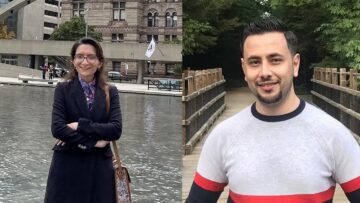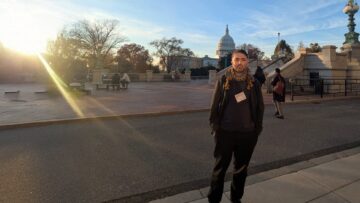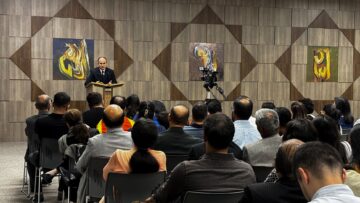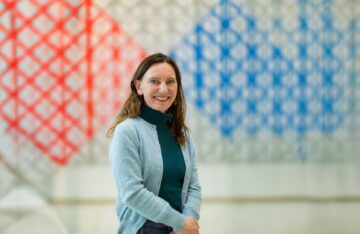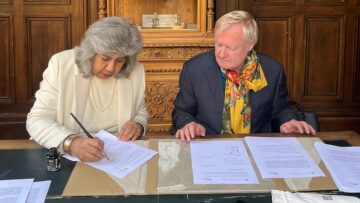GPISH graduate and Farhad Daftary scholarship recipient Farhan Feroz Ali talks about his experience as a student at IIS.
“Love is not a destination; it is a journey.”
I found this note inside a fortune cookie around the time I was writing my dissertation for GPISH in 2022. I must say, first of all, that that cookie was not good at all. But the message — it took an entirety of my education, entirety of the time I have spent with people, spaces, and ideas that have crossed my path, to realise two very simple truths it had to offer: sugary cookies are bad for health; and being human is a process, however messy and uncertain. This latter, as I write the present piece in 2023, has been a journey that has had a profound impact on my intellectual and spiritual being. And it has not been an easy journey.
I applied to GPISH, first, in 2016, right after I finished my bachelor’s degree. I was rejected, and I’m so glad that I was — I was not ready to accept what this scholarship held for me. I had to experience the real world outside of academia, the real-world issues that challenged my being and identity. I had to go out and see for myself how these issues manifested themselves in the everyday lives of people. I write all this in retrospect, yes; but if memory is merciful, I was not happy with what I experienced.
I applied to GPISH, again, in 2020, and this time I was granted a place on the programme. A bittersweet relationship — the programme, Victoria halls where the students stay, and the pandemic — transpired in what I have experienced to be the most aesthetically pleasing part of London; a place, which I called home for two years, a place in constant flux. As was I.
So much diversity, both in terms of peoples and ideas, surrounded me, each a universe within itself, each with and abundance to offer; I have not encountered this abundance any place else. I will need space amounting to a book’s length to list all the people I have learned from, and all the knowledge I have gained during my two years. But, to be honest, it was a bit overwhelming — unlearning and relearning everything from scratch, responding to prompts that only made sense after the response had been submitted for grading, and of course, learning a new language all at the same time. I spent many a night awake reading or writing, sometimes cooking, other times venting. There was always someone though, a friend or a teacher, to put things in perspective. And this place houses some of the finest “someones”.
Perhaps most importantly, the institution allowed a freedom to pick my own focus in research and provided any and all kinds of support I needed to apply myself to my heart’s content. This includes the third-year choice of master’s. For me it was history of art and architecture at SOAS. I continued the thread I picked up during my dissertation at GPISH, that of human body and aesthetics in communion with the Divine and developed it to a point where I felt the need to pursue a doctoral programme to unravel the many pieces that belong together.
Credit where its due: it was during GPISH lectures and seminars that I understood the importance of approaching research through many different lenses, understand the importance of appreciating the messy nature of human and material cultures. And my doctoral research echoes this: it is research involving art, architecture, music, religion, and poetry, among others, in and around the shrine of Shah Abdul Latif in Sind, known as Bhitshah. I understand the shrine as a place that amalgamates within itself the many constructions of knowing and being, one that allows for an experience of the Divine. One of my aims with this research is to make space for lived experience in the broader construction of knowledge, the many voices that are overlooked in academia.
None of what I have written would have been possible without the IIS, even my doctoral aspirations — I have been granted the 2023 Farhad Daftary Doctoral Scholarship and am able to pursue my research at SOAS. I have immense gratitude for the institution and its programmes, for without it, I would not have been in that place and time holding the message and chomping on the fortune cookie. I would not have been here writing this piece. I owe my journey of love to the people, the places, the community, the institution, and above all, to my Imam.

